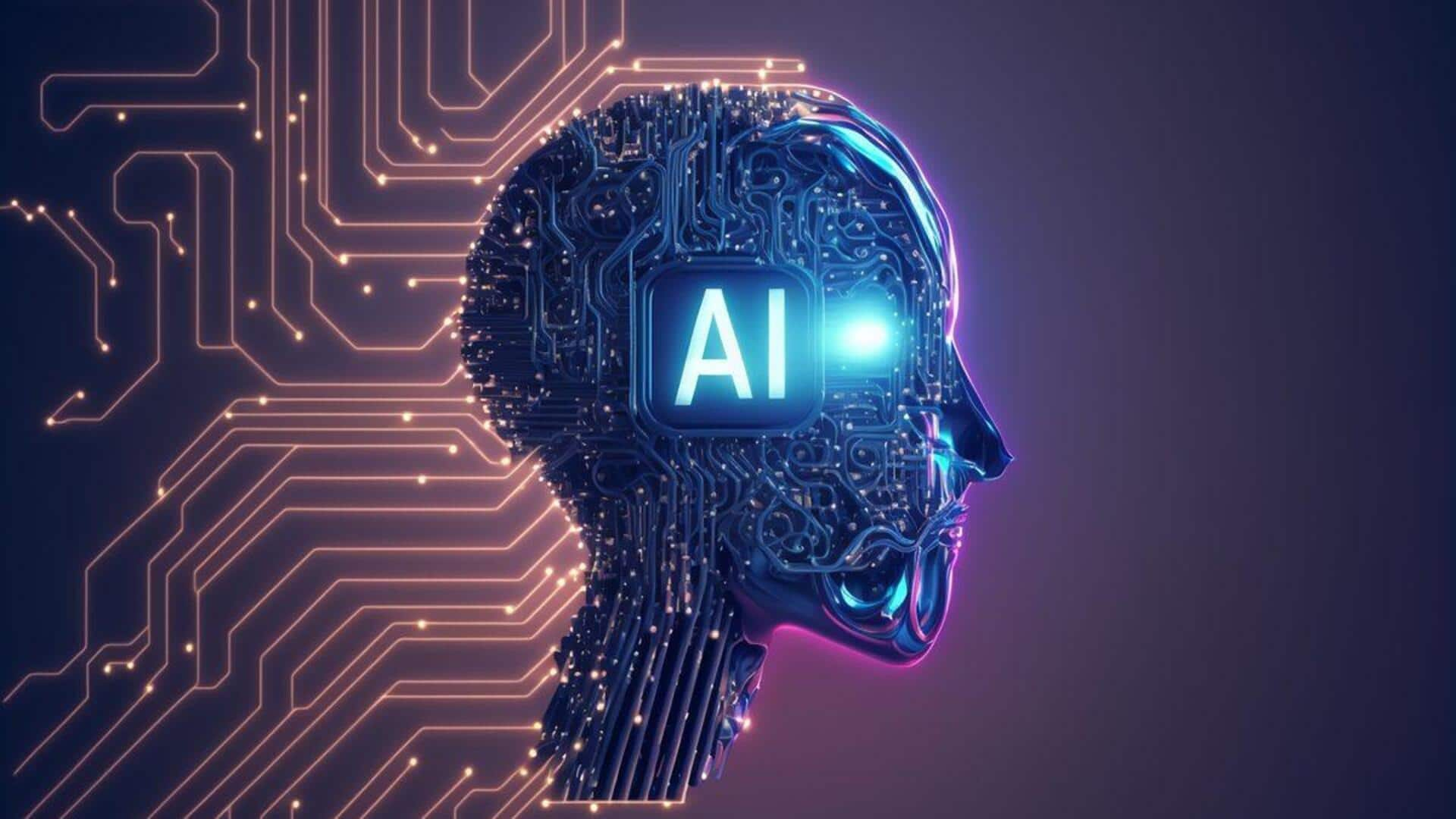
Breakthrough AI system restores speech for paralyzed patients—How it works
What's the story
Researchers at the University of California, Berkeley, and the University of California, San Francisco have developed a groundbreaking AI-powered system.
The innovative technology, as the researchers say, aims to restore natural speech in real-time for paralyzed individuals - using their own voices.
It uses devices that tap into the brain to measure neural activity and an AI that learns how to build the sounds of a patient's voice.
Advanced technology
Streaming approach brings rapid speech decoding capacity
The new system uses a streaming approach to bring the rapid speech decoding capability of devices such as Alexa and Siri to neuroprostheses.
Gopala Anumanchipalli, an assistant professor of electrical engineering and computer sciences at UC Berkeley, detailed the technology in a study published in Nature Neuroscience.
He said, "Using a similar type of algorithm, we found that we could decode neural data and for the first time enable near-synchronous voice streaming."
Versatile application
The tech works effectively with various brain sensing interfaces
The technology's versatility is evident from the fact that it works well with a variety of brain sensing interfaces.
These include high-density electrode arrays that capture neural activity from the brain surface, microelectrodes that penetrate the brain's surface, and non-invasive Surface Electromyography (sEMG) sensors on the face to detect muscle activity.
Efficiency
The system decodes brain signals within a 2nd
The AI system works by sampling neural data from the patient's brain's motor cortex, which governs speech production. The AI then decodes this data into speech.
In a proof-of-concept demonstration, the team found that the system starts decoding brain signals and outputting speech within a second of the patient trying to speak.
This is a major improvement from an eight-second delay seen in a 2023 study by the team.
Future prospects
AI-driven system could improve quality of life for paralyzed patients
The development of this AI-driven system promises to greatly enhance the quality of life of people suffering from paralysis and other debilitating conditions like Amyotrophic lateral sclerosis (ALS).
The researchers plan to further speed up the AI's processing to generate speech more quickly, and explore ways to make the output voice more expressive.
This could help patients communicate their day-to-day needs, complex thoughts, and connect with loved ones more naturally.